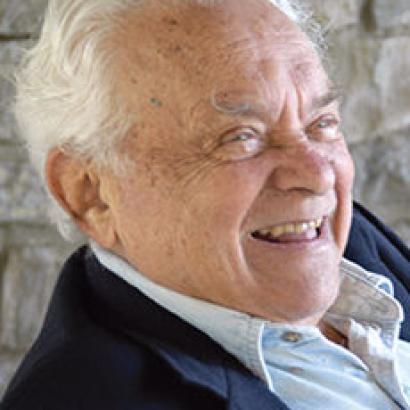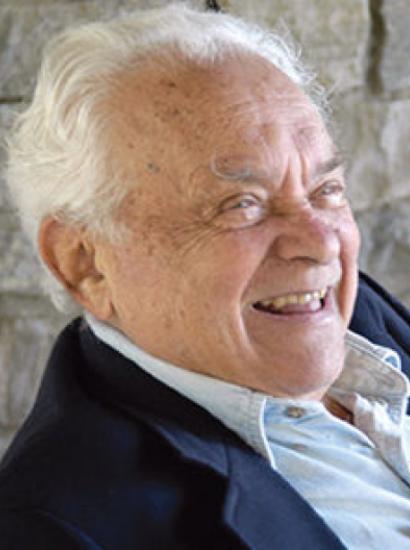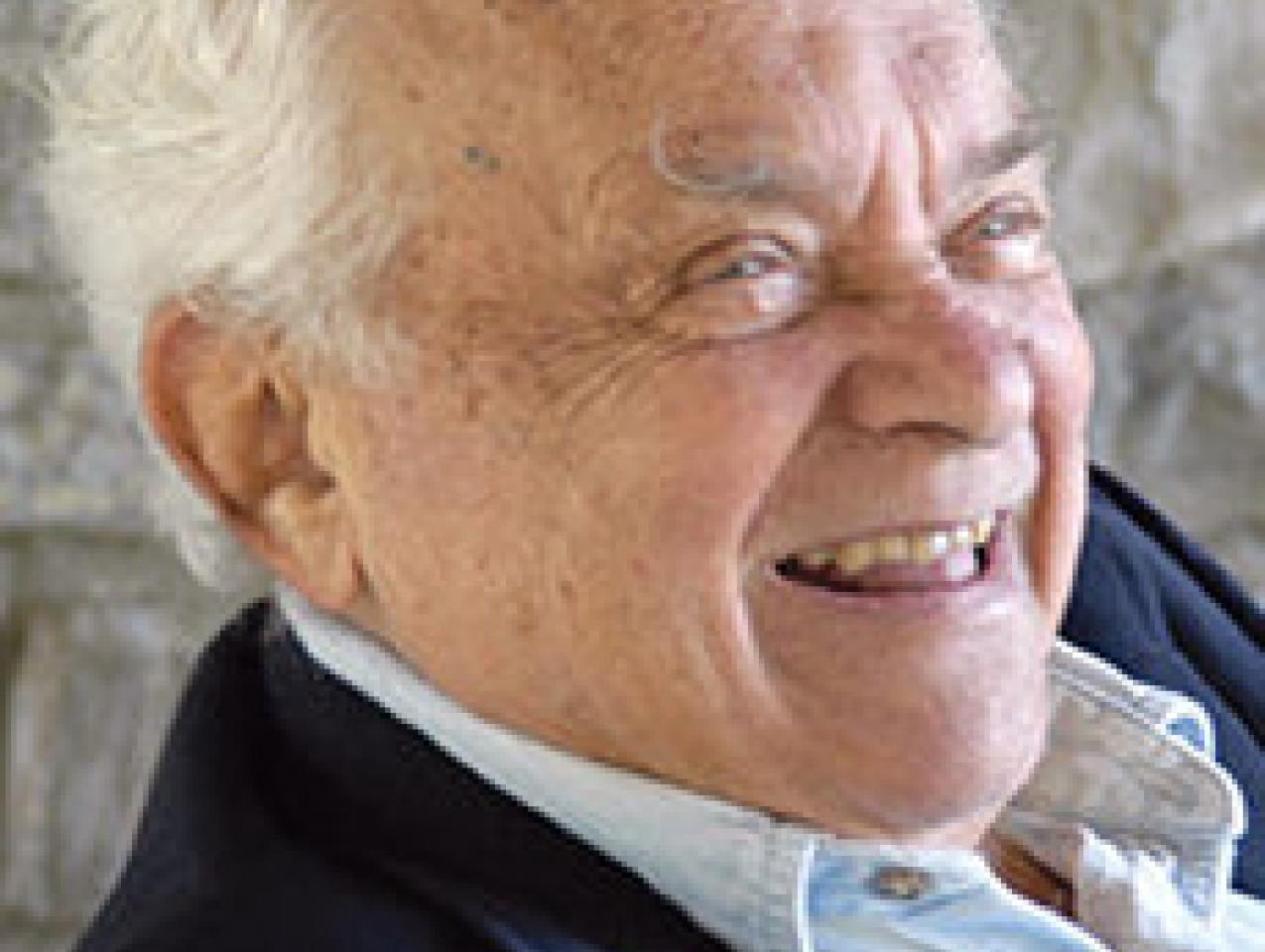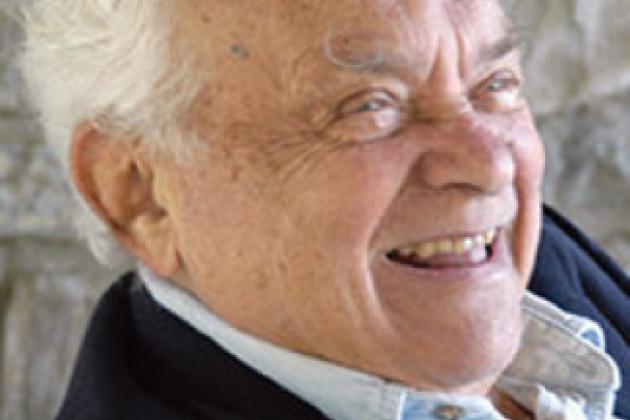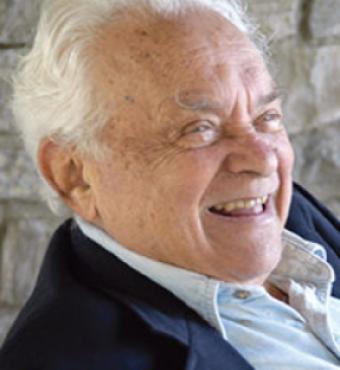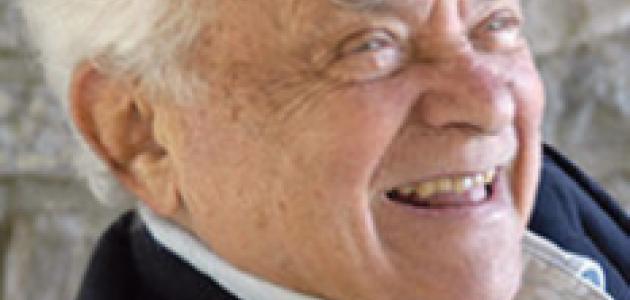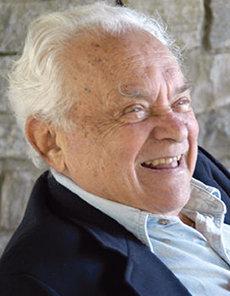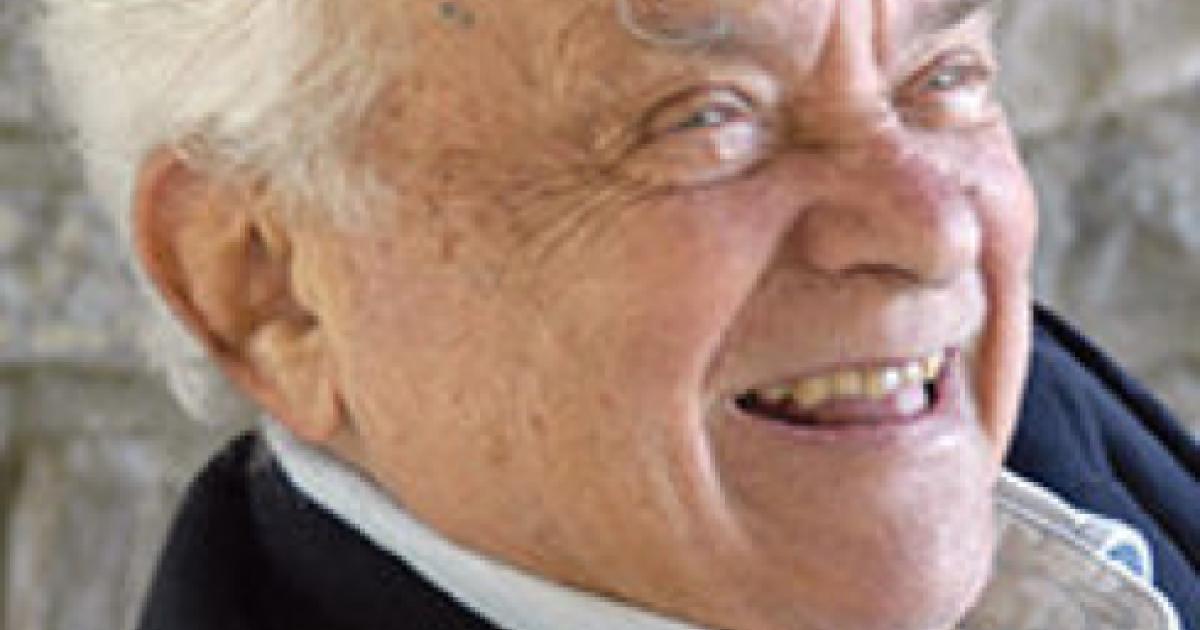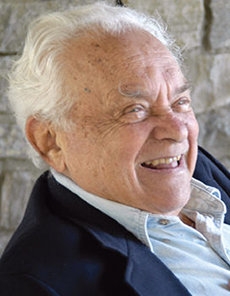
If you had to pick a top five of the most significant people of the last 90 years of world history, who would they be and why?
ARNOLD BEICHMAN:
• Ronald Reagan because he was able to end the Cold War, bring down the Berlin Wall, and finally contribute to the fall of the Soviet Union without a shot fired in anger. And because from a low point in 1982 to a high point in July 1990, the United States enjoyed 92 straight months of economic growth plus the creation of 18 million new jobs.
• Winston Churchill because he refused in June 1940 to accept the idea of defeat when England stood alone against Hitler and because he demonstrated as no one since Shakespeare the heroic power of the English language.
• V. I. Lenin because he invented the most important and evil political institution of the twentieth century, the totalitarian party, which enabled communism not only to attain but to legitimate total power. And it was Lenin’s Soviet power that was responsible for the death of at least 100 million people in the Soviet Union, Communist China, and other communist dystopias. In other words, in the twentieth century, thanks to Lenin, we have a new phenomenon where governments kill millions of their own people in cold blood.
• Franklin D. Roosevelt because he made possible the victory over Hitler and because he had the good sense to dump Vice President Henry Wallace in 1944 in favor of Senator Harry Truman. It was the most fateful decision of his four-term presidency, for a Wallace foreign policy would undoubtedly have been a Stalin foreign policy.
• Albert Einstein, because he was the leading light of a generation of great physicists who created the science and technology of the modern world.
KATHRYN JEAN LOPEZ:
Who has been your one favorite interviewee?
ARNOLD BEICHMAN:
Wendell Willkie, because he was a fount of inside information, highly useful gossip and gave me the scoop of my journalistic life—his secret correspondence with President Roosevelt in 1944.
KATHRYN JEAN LOPEZ:
What has been your favorite story to cover over the years—coverage you are proudest of?
ARNOLD BEICHMAN:
Two examples—my Newsweek cover story (European edition) July 1957 on the Algerian rebellion, which predicted French defeat. I was the first correspondent with the mujaheddin, and it was a quite a party.
Second, my page-one exclusive July 15, 1964, in the New York Herald Tribune—RIP—predicting that the bombing of North Vietnam would begin after the 1964 election—which it did. LBJ was furious and wanted me kicked out of Vietnam, but cooler heads prevailed. Barry Goldwater was being built up, remember, as the crazy bomber and atomic warrior.
KATHRYN JEAN LOPEZ:
In what ways have you seen the world change—even with the passing of the Cold War?
ARNOLD BEICHMAN:
Obviously the probability that terrorists and rogue states can lay their hands on weapons of mass destruction has changed the calculus of war. That possibility has made preemptive war an inseparable part of the doctrine of just war.
KATHRYN JEAN LOPEZ:
As a former NY Times man, what do you make of the Jayson Blair/New York Times story?
ARNOLD BEICHMAN:
I never worked for the New York Times except as a stringer or freelance. I was invited to join the Times but preferred freelance. Nevertheless in re: Jayson Blair: bad in itself but insignificant compared to the crooked, dishonest coverage of the Soviet Union by Walter Duranty (when Times executives knew that Duranty was lying), the dishonest coverage of Cuba by Herbert L. Matthews, and the idiotic Sydney Schanberg coverage of Cambodia. Edwin L. James was warned about Duranty by Joseph Shaplen, a well-informed Times reporter, to no avail. Frederick Birchall, then an assistant managing editor, mistrusted Duranty’s coverage but could do nothing about it. Duranty’s successor, Harold Denny, was not much better. As for Cambodia, recall the Schanberg New York Times story in which he wrote: “It is difficult to imagine how their lives could be anything but better with the Americans gone.” On April 13, 1975, a Schanberg story datelined from Phnom Penh was headlined: “Indochina without Americans: For Most, a Better Life.” (In four years, the Khmer Rouge murdered one-sixth of Cambodia’s population of seven million.) Blair is no more than one of many smudges in Times history.
KATHRYN JEAN LOPEZ:
What do you think of the Internet? Is it a good thing for journalism? Do you think it has staying power?
ARNOLD BEICHMAN:
I love the Internet, especially the various search engines like Google, which is the greatest invention for writers since Gutenberg. It’s like having the Library of Congress or the British Museum at your beck and call and no hunting through the stacks. That’s great for journalism. Staying power? Just like the laptop and cell phone. Lots of staying power, lots more than, say, the slide rule and the buggy whip.
KATHRYN JEAN LOPEZ:
As a former and frequent war correspondent, what’s your opinion of the coverage of the war on terror, of Operation Iraqi Freedom?
ARNOLD BEICHMAN:
How come newspapers have science writers who know some science, and food writers who know something about food, and best of all an M.D. like the New York Times’s Lawrence Altman who can write about medicine with authority? But when it comes to war and terror, anybody and everybody is sent to cover the story with a minimal knowledge of the subject of their assignment. So what do we get? “Human-interest” stories and dumb “gotcha” questions at headquarters press briefings.
KATHRYN JEAN LOPEZ:
Should the United Nations end? Will it?
ARNOLD BEICHMAN:
The United Nations died when it successfully got Britain, France, and Israel to end their invasion of Egypt in October 1956, the same month that the Soviet Union invaded Hungary about which the U.N. could do nothing except pass 13 resolutions deploring Soviet behavior. Of course, in Egypt the U.N. was aided by President Eisenhower, who threatened an oil embargo if Britain et al. didn’t cease and desist. In later years, President Eisenhower said, according to Richard Nixon, that his action on Egypt was a colossal mistake. And as for Hungary, President Eisenhower through Ambassador Henry Cabot Lodge played a duplicitous game that allowed Hungary’s re-enslavement. The U.N.’s futility was underscored once more when Libya was elected chairman of the U.N. Commission on Human Rights. In other words, the U.N. is dead, long live the U.N.
KATHRYN JEAN LOPEZ:
What’s the most unforgettable lesson of the last 90 years?
ARNOLD BEICHMAN:
George Kennan once said: “The greatest law of human history is its unpredictability.”
KATHRYN JEAN LOPEZ:
What’s it like to be 90?
ARNOLD BEICHMAN:
Not bad ever since I have adopted as my guide the words of Bernard Baruch uttered on his 85th birthday, “Old age is always 15 years older than I am.”








